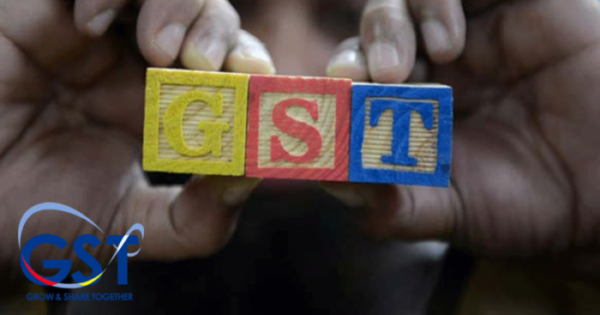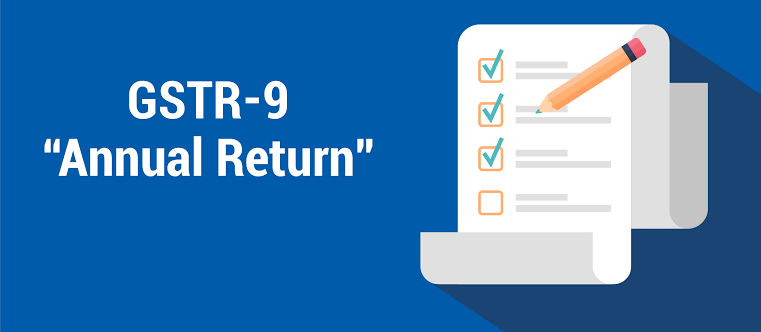Section 54(3) of the CGST Act allows tax payers to claim refund of ‘any unutilised Input Tax Credit’ (may it be, inputs, input services or capital goods) in cases of:
- Zero rated supplies without payment of taxes; or
- Inverted duty structure
Whereas, Rule 89(5) of the CGST Rules prescribes a formula for computation of refund of ITC under inverted duty structure and further through its explanation (a) restricts the claim of refund of ITC only on inputs, closing the doors on refund of ITC availed on input services and capital goods under the inverted duty structure.
Earlier the High Court of Gujarat in the case of VKC Footsteps India Private Limited vs Union of India had struck down the portion of explanation (a) to Rule 89(5) of the CGST Rules to the extent of restricting the claim of refund of Input Tax Credit availed on Input Services under inverted duty structure.
The Madras High Court has however held in the case of Tvl.Transtonnelstroy Afcons Joint venture, that denial of Refund towards Input services under Inverted Duty structure is ‘valid and constitutional’. Thus there are contradictory judgments on the issue.
Now the Calcutta High Court presided on the plea challenging the validity of denial of accumulated credit for services under Inverted Duty Structure.
In the instant case the Petitioner is engaged in manufacture of textile products which suffers an input tax at the rate of 12% or 18%, while the output tax rate is 5% and thus has approached the Court assailing the Order-in-Original wherein refund claim under section 54 of the CGST Act read with Rule 89(5) of the CGST Rules had been denied to the Petitioner to the extent of input services.
The Counsel for the petitioner, challenged the validity of Explanation to Rule 89(5) of CGST Rules, 2017 which denies refund of accumulated credit on services in case of inverted duty structure (IDS). He further challenged the validity of proviso to Section 54(3) on grounds of being ultra-vires to Articles 14 and 19(1)(g) of the Constitution of India.
The single judge bench of Justice Shekhar B. Saraf allowed the respondent authority to file Affidavit-in-opposition by 3 weeks and granted a further period of 2 weeks thereof to the Petitioner to file its reply.
Additionally, the court also clarified that the point of maintainability of the writ petition shall be kept open and the writ petitioner shall also be at liberty to file an application in this writ petition if any coercive step is taken against it.
The matter was listed for hearing on Lists the matter in March 2021.
Read quality articles on GST authored by national level experts on the one and only exclusive GST portal CLICK HERE
***
Subscribe our portal and get FREE GST e-books , articles and updates on your e-mail.
Resolve your GST queries from national level experts on GST free of cost.
Frah Saeed is a law graduate specializing in the core field of indirect taxes and is the Co-founder of taxwallah.com. She has authored many publications on GST and is into full-time consultancy on GST to big corporates. She as a part of taxwallah.com heads a team comprising of Chartered Accountants and Advocates and plays a key role in our mission to disseminate GST knowledge to all.




